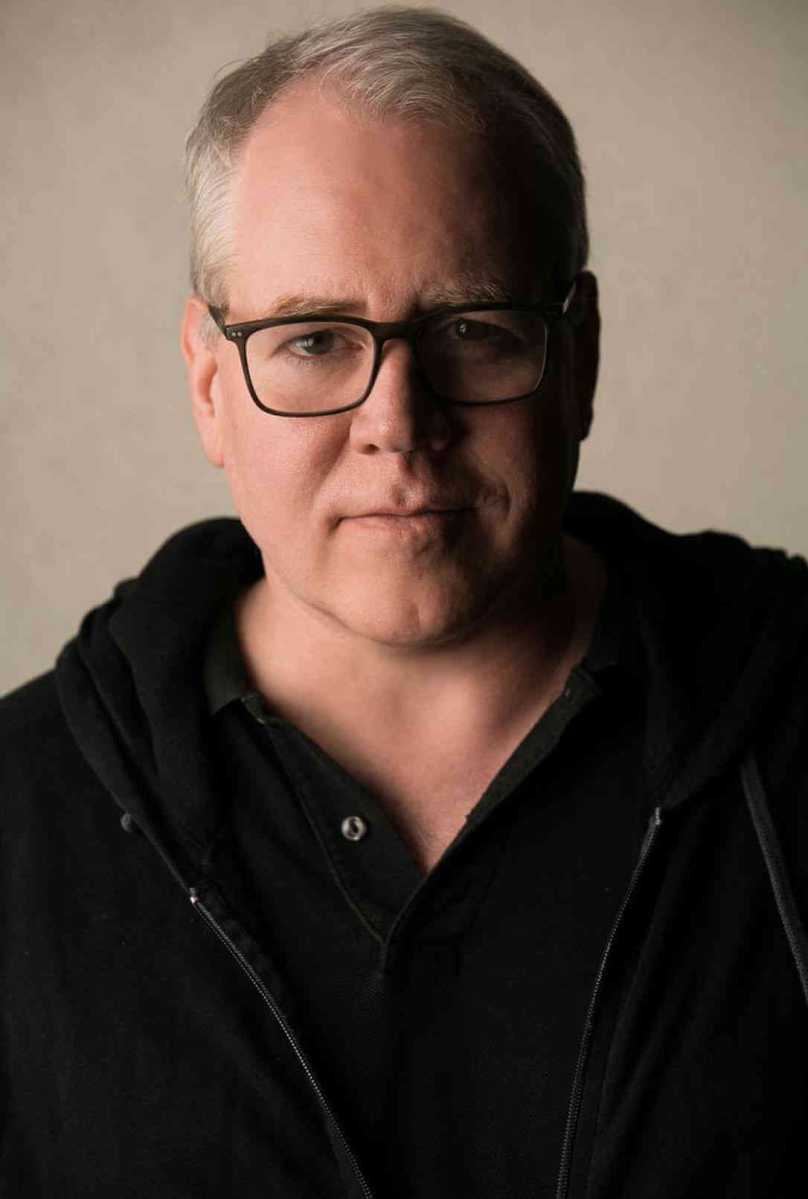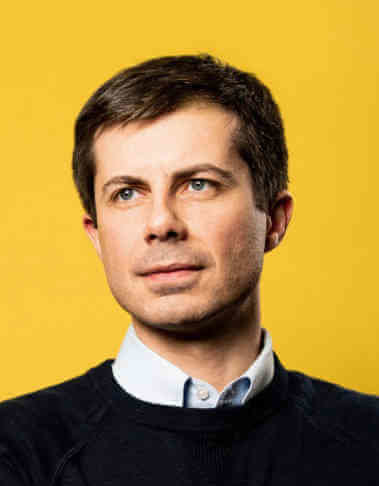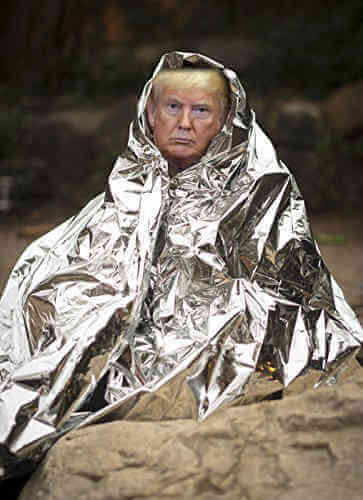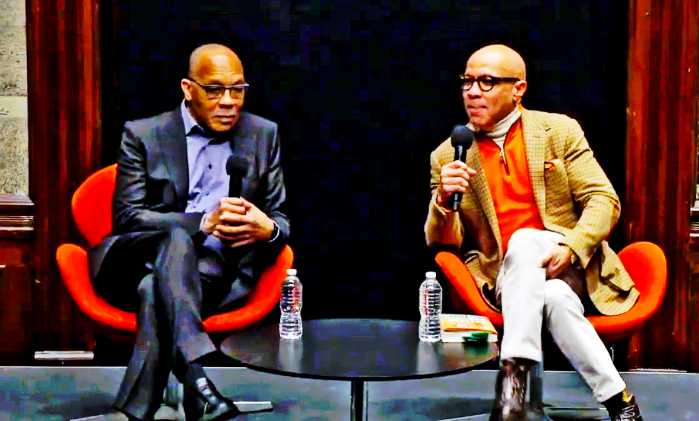Bret Easton Ellis’ first essay collection, “White,” tries to set a trap for anyone who dislikes it. Its title sets itself up as a provocation, daring one to call him racist. The truth of the matter is that “White” isn’t likely to trigger anyone. There’s nothing challenging about the rather banal opinions it expresses: millennials have been raised by a generation of helicopter parents and are now over-sensitive, so they spend all day on social media posting hyperbolically about Donald Trump and any world event they disagree with. If not an outright Trumpist, Ellis thinks it’s gauche to have a strong opinion about politics. The book’s only value comes when Ellis sticks to film criticism, where he actually does offer some insight. It makes one regret that he gave up writing novels in favor of podcasting, writing screenplays, and, according to “White,” getting into arguments with rich liberals at dinner parties.
The best essay in “White” is mostly devoted to Paul Schrader’s “American Gigolo,” seen through the prism of Ellis’ adolescent libido, Richard Gere’s star persona, and its mainstreaming of gay aesthetics. Ellis can write extremely well about acting. His gayness is central to his writing about film, but his “millennial socialist” boyfriend comes across as a rhetorical device rather than a person. Even at the book’s sharpest, it veers off into innocuous but self-absorbed reflections on the ‘80s Brat Pack and hanging out with Judd Nelson. The structure is all over the map, and “White” is a depressing read because its strongest essays are its first few.
He’s on shakier ground when he spends most of another essay criticizing “Moonlight” as a celebration of victimhood aimed at straight white liberals, but his larger points about the narrowness of acceptable gay male roles in American society and the way that organizations like GLAAD reinforce respectability politics instead of celebrating art that shows the messiness and complexity of LGBTQ life are on target. His arguments are weakened, however, by the fact that he uses himself as his main example of a gay rebel suffering under the reign of political correctness, spending pages whining about the negative reaction to tweets he made in 2013! Who belongs to “Generation Wuss,” again?
Ellis has valid points about the way social media encourages us to express strong opinions while allowing anyone to search them and respond harshly. But instead of focusing on the damage this has done to ordinary people, as Jon Ronson did in “So You’ve Been Publicly Shamed,” he complains about the martyrdom of Roseanne Barr and Milo Yiannopoulos and how badly his his tweets about Kathryn Bigelow’s films being overrated due to her looks were taken. His pretense of being a contrarian who likes being upset by art and doesn’t give a damn about other people’s opinions is undercut by the sheer pettiness of some of his examples and his total inability to accept criticism and disagreement. He still remembers an argument from the mid ‘80s with a friend about whether the Bangles’ “Manic Monday” is a feminist statement. He throws out hot takes no one cares about, like preferring country singer Jamey Johnson’s “The Guitar Song” to Kendrick Lamar’s “To Pimp a Butterfly”, as though he were throwing the first brick at Stonewall.
It would be an understatement to say that the critical response to “White” has been negative, which of course plays into Ellis’ design. Isaac Chotiner conducted a sick burn of an interview with Ellis for The New Yorker that made his dandyish choice of aesthetics over politics look idiotic. But the literary establishment has always rejected him. As a friend pointed out to me, the reaction to “White” is replicating the original horror with which “American Psycho” was received. It took Mary Harron’s 2000 film adaptation for many people to see that the book was not an endorsement of Patrick Bateman’s attitudes and actions.
If Ellis seems like an arrogant twit with no self-awareness about his lack of knowledge of the subjects “White” covers, does that mean his novels are worthless? Of course not, but the idea that artistry lies in being able to express insights one doesn’t hold personally is disappearing from American culture. His best novels, “American Psycho” and “Glamorama,” succeed precisely because their excess and complicity with the culture they describe are key to their accomplishments. (Here, Ellis describes Patrick Bateman as a nightmare version of himself.) As the blogger behind A Very Public Sociologist wrote about “Glamorama,” “It satirises consumerism through its affirmation, of taking vicarious pleasure from rubbing shoulders with luxury brands and exclusive people, not its denial. Therefore to be appreciated, the reader needs to be carried along the same fatal trajectories as Ellis’s characters.” By contrast, Harron’s “American Psycho” is far more detached and safer — it keeps reassuring the spectator that it’s a satire with progressive politics and that its violence will never get difficult to consume.
The ideas behind “White” aren’t that different from the average essay published by the “Intellectual Dark Web”-oriented website Quillette, but Ellis speaks with a voice that’s personal to the point of sounding like a diary entry. He’s now aspiring to the numb, affectless tone of “Less Than Zero” as a refuge from present-day America. Sadly, even his best essays start out strong only to lose their thread halfway through and get lost in self-indulgent autobiography, name-dropping, and political posturing. The chapters of “American Psycho” consisting of Patrick Bateman’s music criticism are hilarious and revealing about Reaganite pop culture’s empty optimism; “White” is just as telling about the vapidity of recent American (“post-Empire,” in his terms) culture, but this time it’s a symptom rather than a satire.
WHITE | By Bret Easton Ellis | Alfred A. Knopf | $25 | 261 pages




































